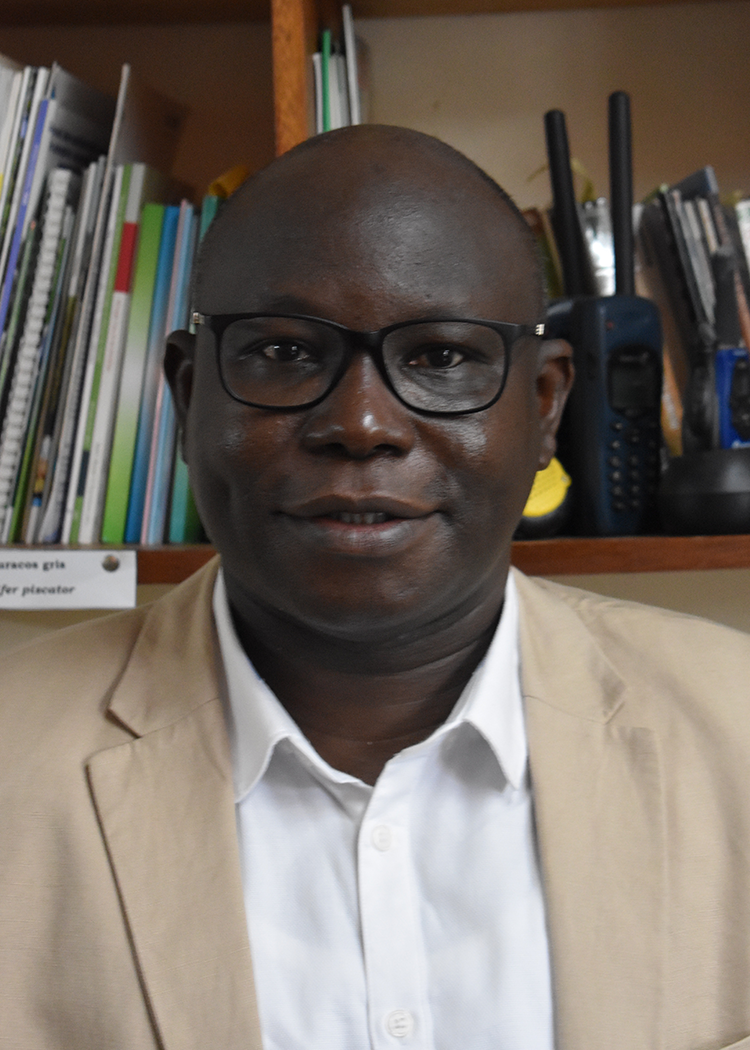In Burkina Faso, protected areas have been plagued by continuous degradation for several decades, due to the combined effect of natural and anthropogenic drivers. In order to reverse this trend, in 1995, the government undertook a management reform of protected and conserved areas, based on three major innovations:
(i) easing the role of the State in favour of management partnerships involving neighbouring communities and the private sector;
(ii) establishing a wildlife area concession system; and
(iii) adopting the principle of sharing biodiversity incomes with a view to making a greater contribution to improving the living conditions of neighbouring communities.
As part of the implementation of this reform, between 1996 and 2003, the Government of Burkina Faso, the World Bank and the Kingdom of Belgium co-financed the Pilot Project “Participatory Management of Natural Resources and Wildlife” (GEPRENAF) in order to promote community and sustainable management of the Protected Forest and Partial Wildlife Reserve of Comoé-Léraba (FCRPF/CL), a 125,000 ha nature reserve located in western Burkina Faso. It was during this project that the Association for the Management of Natural Resources and Wildlife of Comoé-Léraba (AGEREF/CL) was born, in 1999. It came out of the federation of 17 village associations for the management of territories and natural resources (AGTREN), which had the particularity of being located in the vicinity to the FCRPF/CL. In 2001, the State of Burkina Faso granted AGEREF/CL the management rights to this area, creating the first experience of community concession in the country.
The management of this forest is based on a participatory development and management plan, developed by the communities and adopted by the Minister in charge of protected areas. It is implemented by communities and periodically updated to reflect evolving challenges. This plan includes actions for capacity building, environmental education, planning, surveillance (including village patrols), ecological monitoring and biodiversity enhancement.
In terms of governance, AGEREF/CL is administered by a general assembly, a bureau, specialized commissions (including a biodiversity commission) and an executive directorate, which constitutes the technical team. The general assembly, the supreme authority, is held once a year. It approves the annual activity reports and budgets and makes all decisions relating to the life of the association and the management of the protected area.
Today, thanks to this model of community governance, the following results have been achieved:
- Capacity building of more than 35,805 people, including 11,286 women, on issues and techniques for the conservation of protected areas and their biodiversity;
- Conservation of a natural area of 125,000 ha constituting a biodiversity reservoir and providing many ecosystem goods and services;
- Designation of the FCRPF/CL as a wetland of international importance (Ramsar Site n°1878) in 2009;
- Lion sightings in 2005 and 2013, where the last sightings were more than 20 years old, of a new primate species, Cercocebus atys lunulatus (Gerard Galat and Anh Galat Luong, 2006), and of 10 new bird species for Burkina Faso (Pavia et al., 2012);
- Annual creation of more than 50 permanent and temporary jobs;
- Generation of more than 381,122 euros for the benefit of communities and individuals through the organization of tourism, fishing, honey and shea butter production, and breeding of small game;
- Mobilization of more than 182,938 euros, between 2015 and 2020, from micro-credit institutions to finance income-generating activities of their members;
- Improved health, educational, hydraulic well-being, etc. of the populations, thanks to the income generated;
- Improved cohesion and social peace through the existence of the FCRPF/CL, perceived as a unifying space for people, institutions and governance tools.
All these achievements of AGEREF/CL have awarded several distinctions including:
- Finalist of the 2012 United Nations Development Programme's “Equator Prize”;
- Knight of the Order of Merit of Rural Development in Burkina Faso in 2012;
- First Prize for honey at the National Peasant Day in 2013;
- First Prize for shea butter at the regional agro-sylvo-pastoral fair of the Cascades region in 2014.
However, since 2019, this nature reserve has been occupied by unidentified armed groups, carrying out activities that undermine the sustainability of the benefits achieved.
About the author

Mamadou KARAMA is the Executive Director of AGEREF COMOE-LERABA, a Member of IUCN since 2011. He has devoted more than 20 years of his career to the coordination and maturation of the first ever community concession experience of a wildlife conservation area in Burkina Faso. In addition to the association, he promoted several initiatives supported by IUCN, the World Bank, the French Fund for the Global Environment, UNDP, the Kingdom of the Netherlands and the Italian Agency for Decentralized Cooperation, relating to the sustainable management and shared governance of protected and conserved areas, natural resources and biodiversity, with a view to combating poverty and promoting sustainable development.
He holds a Master's Degree in Public Policies and Strategies for the Environment from AgroParisTech-ENGREF (France), a Master's degree in Sociology from the Joseph Ki Zerbo University of Ouagadougou (Burkina Faso), a National Certificate of Professional Hunting Guide from the Ecole Nationale des Eaux et Forêts (Burkina Faso) and several university certificates on protected areas, African wetlands and decent green jobs. He is the author or co-author of several publications.
Winner of the Africa Forum 2013, an initiative of the French Ministry of Foreign Affairs, in partnership with the French Development Agency (AFD), intended to distinguish 100 innovators whose actions bring innovative solutions for a Sustainable Development of Africa, he was appointed Knight of the Order of Merit of Burkina Faso in 2020, in recognition of his contribution to nature conservation in the country.













